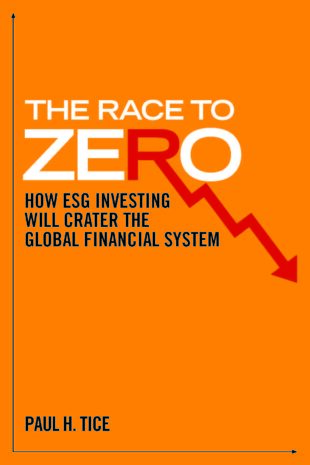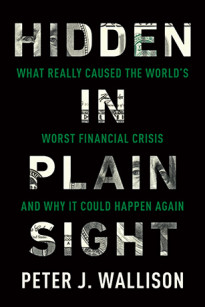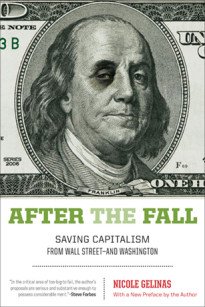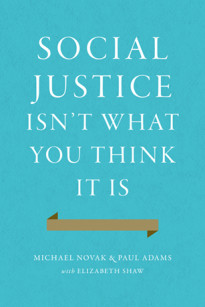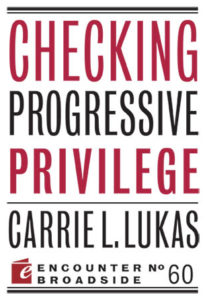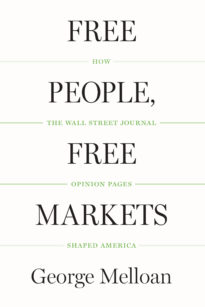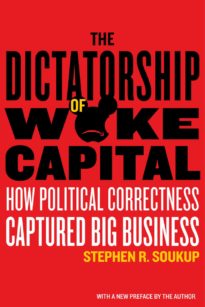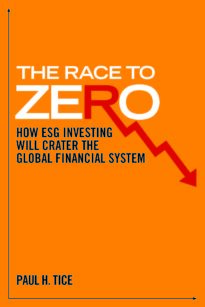By all outward appearances, the 1980s were a tough decade for liberal progressives. By then, the crowning government achievements of the Progressive Era at the turn of the 20th century, the New Deal age of the 1930s, and even the Great Society period of the 1960s had either faded into distant memory or fallen into disrepute. Despite a burgeoning government bureaucracy and a sharp increase in US federal spending on social welfare programs, the number of American families living in poverty—particularly single-parent households—remained stubbornly high. This, in turn, led to a host of other social pathologies, including increased high school dropout rates, rising homelessness, a public housing crisis, rampant drug use, and skyrocketing crime in US cities. Ronald Reagan became the 40th US president and won two landslide elections based on his promise to put an end to “Trust me” government.
Eight years of supply-side economics and muscular American foreign policy under the Reagan administration and the steady decline and sudden fall of the Soviet Union—symbolized by the toppling of the Berlin Wall in 1989—only served to reinforce the strength of capitalism and individual freedoms over communism, socialism, and other failed collectivist approaches. As chronicled by the British historian Paul Johnson in Modern Times, moral relativism during the 20th century led to the rise of totalitarian government regimes around the globe between the 1920s and the 1980s, all of which were intent on creating their own versions of heaven on earth. These “despotic utopias,” which included Nazi Germany, the Soviet Union, and Communist China plus all their respective allies and satellites, offered clear examples of what happens when absolute government force is combined with a blank sheet upon which to redraw society and its economic underpinnings. It is estimated that more than 100 million people perished at the hands of progress-minded communist and socialist dictators during the last century, through a combination of political persecution, military aggression, and sheer economic incompetence.
Undeterred by such bad press, the progressive movement simply slipped into the background to consolidate its position and take the fight for power and control to a different front. Even as the rest of the world was busy celebrating the imminent end of the Cold War and the forthcoming freedom of nearly 300 million people trapped in the Soviet system, progressives were commencing a rearguard action to lay siege to the main structural pillars of Western society: public schools and universities, churches, mass media, the arts, and big business. While the deconstruction and hollowing out of these institutions from the inside would take several years and multiple generations to complete, much of the planning and groundwork occurred during the 1980s, an era ostensibly characterized by conservative politics.
It was during this period that the doctrine of business sustainability was originally conceived, mainly as a means of reining in corporations and eventually bringing the financial markets to heel. The term “sustainability,” which previously had been used mainly as an ecological and biological term to describe the natural world, was first applied to the corporate sector in the 1987 report “Our Common Future” issued by the World Commission on Environment and Development of the UN, the collective political body created out of the ashes of World War II. The 1987 UN commission is more commonly known as the Brundtland Commission since the body was chaired by Gro Harlem Brundtland, the then prime minister of Norway who began her political career as the Norwegian minister of the environment back in the 1970s. The Brundtland Commission was the follow-on to the United Nations Conference on the Human Environment held in Stockholm back in 1972, which helped launch the world environmental movement and led to the formation of the United Nations Environment Programme (UNEP). It was at the 1972 conference where the antagonistic relationship between the natural environment and economic development was first established, and environmental issues were made an integral part of the international agenda.
